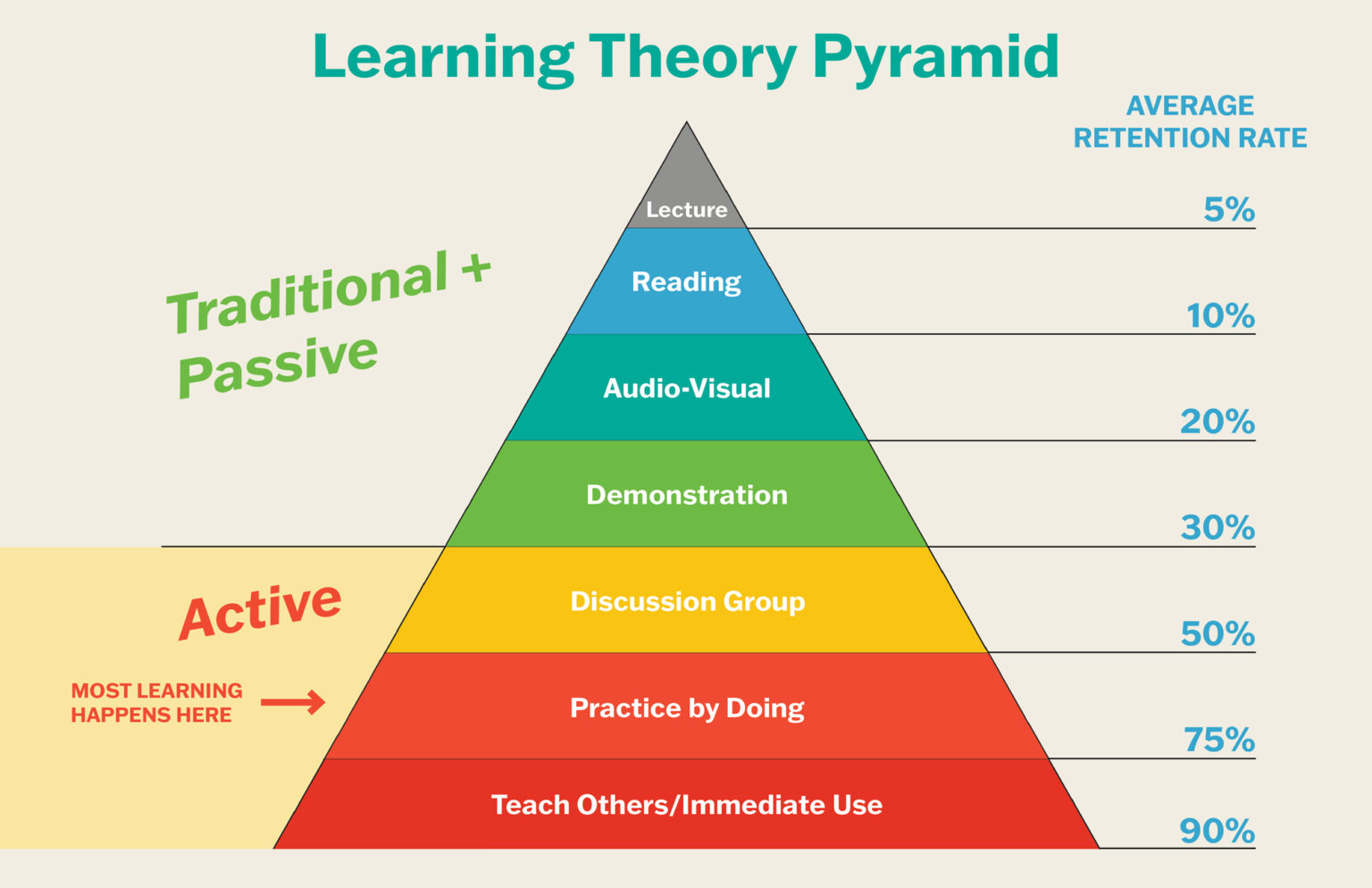VSA Math Camp (Grades 3 – 5)
The VSA Future summer camp is underway with a brand new virtual format. For Grades 3 to 5, each student will experience a 45-minute math class, 4 times a week.
In this condensed structure, teachers focus on only the most important concepts so that students can take away valuable skills and insights that will enable them to succeed in their future math endeavors.
For Grade 3, emphasis is placed on understanding the basics on a conceptual level. Classes begin with a speed test—a quick quiz that trains students to become fluent with the fundamental operations. Next, students take on a certain multiplication times table by solving sets of multiplication facts. While some skills need to be deeply conceptualized, others are best mastered through rote repetition learning. This is why our starting segment is designed to help our Grade 3 students feel comfortable working with numbers so that their raw computational capabilities are always on par with their critical thinking skills.
Afterward, the teachers commence a targeted lesson that helps students understand concepts in an intuitive way. Each lesson provides sufficient practice through a series of guided practice problems. Finally, students engage in self-paced practice on the learning platform to enhance their understanding of topics taught during class. We specifically use the latter because of its valuable data that allows us to quickly gauge each student’s lagging areas. In terms of the Grade 3 curriculum, the opening weeks begin with basic ideas such as the four operations and place value. Eventually, we move on to applying these basic number properties in real-world scenarios. In the final weeks, students learn more specialized skills, such as applications of measurement and geometry.
The Grade 4 math curriculum extends upon the concepts taught in Grade 3. Although there are many similarities between the two grades, teachers cover the topics with greater depth by utilizing larger numbers and introducing new ways to manipulate them. Once again, students begin with the speed test and multiplication table in order to drill the fundamentals. The lesson, guided practice, and learning platform comes next. As the weeks go by, our Grade 4 students learn to apply the fundamentals to new topics such as decimals and angles. The curriculum ends with two-dimensional geometry topics including symmetric, area, lines, and more. All of this is taught in a way that allows the students to understand instead of simply memorize.
While the Speed Test remains for Grade 5 students, the multiplication fact drills are no longer used. Instead, students use the time to dive into deeper topics at a much quicker pace. Teachers also begin to cover new ideas that will be essential to later Algebra-based courses, including techniques to overcome difficult multi-operation word problems. As we move into the measurement and data unit of the curriculum, we slow the pace to give equal emphasis to both the metric and customary units of measure. This provides students with a balanced skillset that allows them to apply different unit systems in a meaningful way. Finally, the geometry units add a third dimension by introducing various concepts related to volume.
On the final day of each week, students engage in a skills quiz that tests different topics taught throughout the week. This provides teachers with the time to assess weak points and gauge understanding of each topic. Teachers rigorously review every single problem so that students finish the week with a comprehensive overview of the week’s content.
Our unique program is designed such that each week is independent of one another, such that your child is able to enroll in any given week without requiring knowledge from previous weeks. Nonetheless, students will get the most of the camp if students sign up for multiple weeks in order to follow the natural progression of the units.
By learning math with VSA Future, students can unlock their math potential by building an intuitive understanding of the most important concepts in math. Each class from our expert teachers provides students with a concise lesson followed by both guided and individualized practice. Although we encourage independent problem solving, students will always have easy access to teachers’ guidance in the case of any difficulties. This close teacher-student relationship is facilitated by our small classes to ensure that each student is able to receive the assistance they need.



Comments
Post a Comment